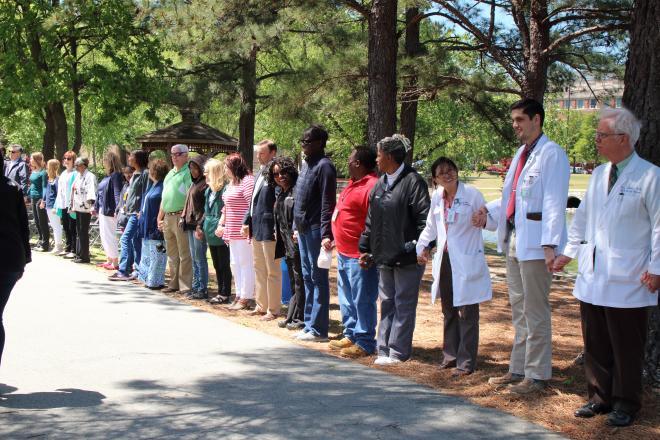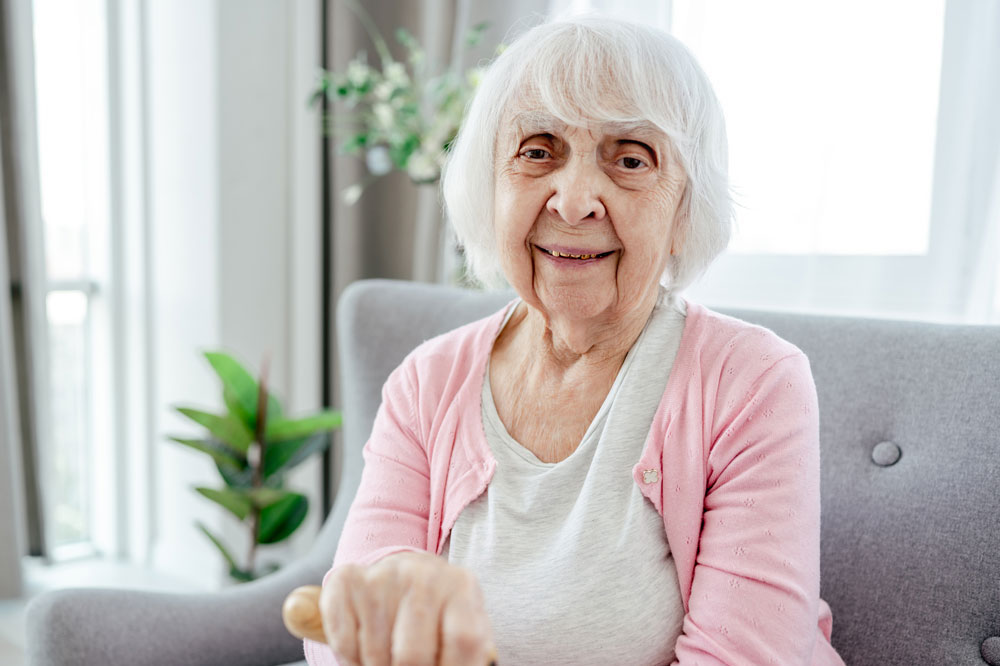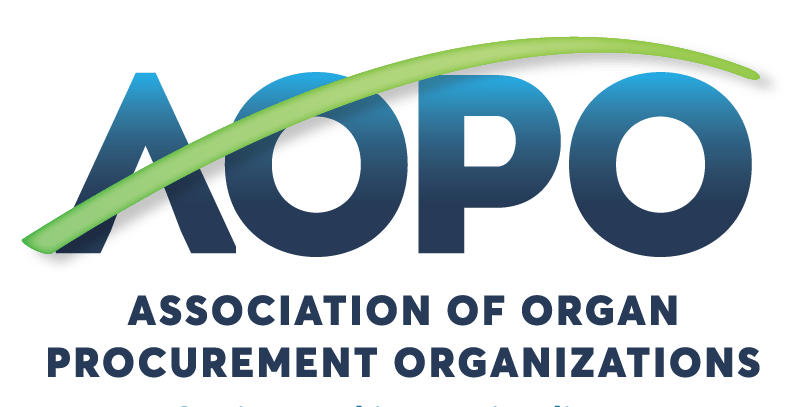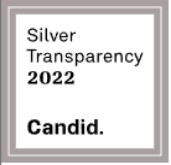Home / About Donation / Your Decision
Your Decision
Registering to be a donor is a very personal decision. Take a deeper dive into some of the religious, cultural, and health-related information surrounding donation, and be sure to talk to your family about your decision.

Multiethnic Communities
Working with multiethnic communities is a priority for us. We are a trusted partner with many organizations, addressing facts, building connections, and providing materials and programs. We work with minority-owned businesses, community-based organizations, HBCUs, and places of worship to listen and share information about saving and healing lives.
In several communities, we have introduced The Decision Project which empowers people to make an educated and inspired decision about organ, eye, and tissue donation and then share that decision with their family.

Religion
All major religions support donation as a final act of compassion and generosity. HonorBridge is committed to working with families and funeral services professionals to ensure that the traditions around death and care for the human body are understood and honored. As you consider the decision about becoming a donor, be sure to talk to your spiritual leaders and your family, so they know and understand your choice.

Identity
Your sexual orientation, gender, gender identity or expression does not prevent you from registering to be an organ, eye, and tissue donor. Anyone can register. Additionally, gender identity and sexual orientation are never considered when donated organs or tissues are matched with someone on the waiting list.

Age
There is no age limit on registering to be an organ, eye, and tissue donor. Every single donor will be evaluated on an individual basis, regardless of age. Some people can be donors into their 90s! Infants and children may also be donors with parental consent.

Health
Anyone can register to be an organ, eye, and tissue donor. Every donor will be evaluated on an individual basis. Health factors are taken into consideration when a potential donor is evaluated. It’s important to know that if one kind of donation is ruled out because of health reasons, other kinds of donation may still be possible and can heal and save lives.




